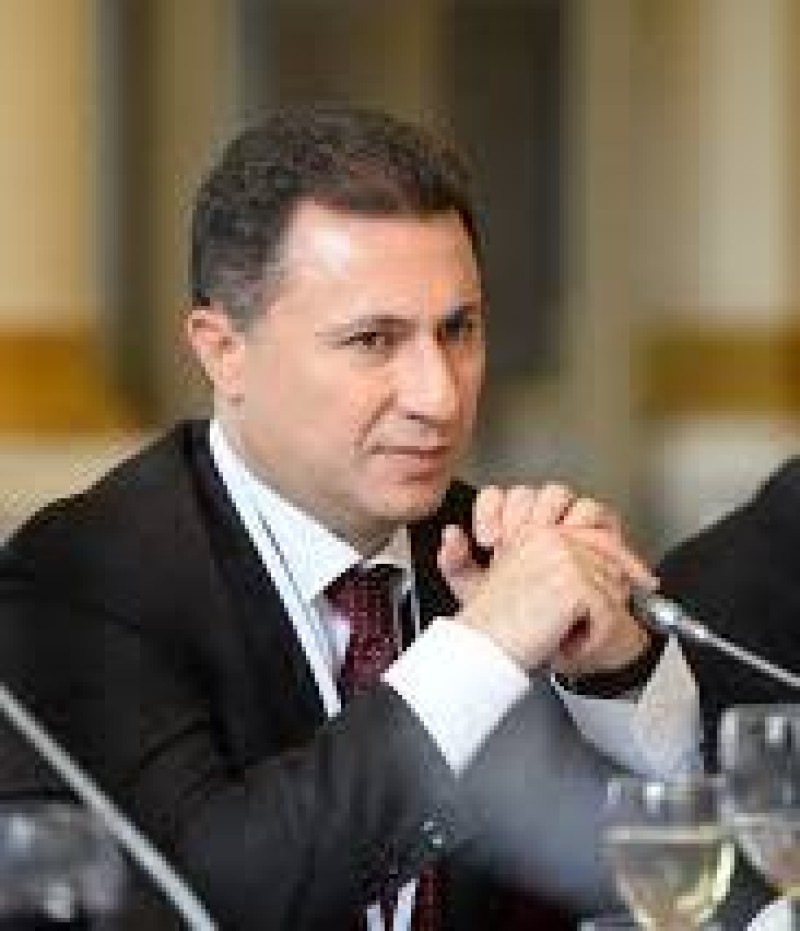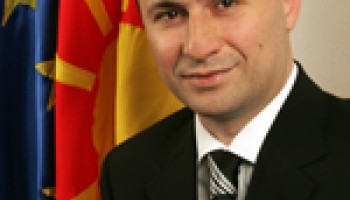The twist – the latest in a scandal that has rocked the small Balkan state – sent waves of shock through Macedonian media and political circles on Tuesday, heightened by the fact a deadline to appoint a special prosecutor in the case is also looming.
According to opposition leader Zoran Zaev, of the Social Democrats (SDSM), the recordings in question are the product of Prime Minister Nikola Gruevski's illegal plot to wiretap more than 20,000 Macedonian citizens.
Known in Macedonia as "bombs", they were released by Zaev over the course of dozens of media briefings beginning in February this year, prompting tens of thousands to take to the streets demanding Gruevski's resignation.
Zaev claims that the tapes prove government involvement in electoral fraud, political persecution, large-scale abuse of power, a murder cover-up, improper influence by government officials over the judiciary and media, and other alleged offences.
Meanwhile Gruevski and his party, the VMRO-DPMNE, maintained that the tapes had been doctored with the help of foreign intelligence services in an effort to depose him.
The VMRO-DPMNE and SDSM had come to an agreement in early June to appoint a special prosecutor with the power to investigate the tapes, the deadline for which is Sept. 15.
Popular protests let up around the same time as that agreement was made, in part because negotiators from the European Union had also brokered a deal between Gruevski and the SDSM to hold snap elections by April 2016. An exact date has not been set.
Tuesday's verdict states that the tapes are not valid evidence against any person appearing to have been featured in them,since they were obtained illegally.
Vice-president of the SDSM, Radmila Sekerinska, said the court's decision had been influenced by the VMRO-DPMNE in an attempt to stifle scrutiny of potential wrongdoing by its top members.
According to local news network Nova TV, Gruevski's lawyer had lobbied for such a verdict.
Oliver Spasovski, secretary-general of the SDSM, said: "This scandal only confirms the necessity of the special public prosecutor.
"Meanwhile, the VMRO-DPMNE claimed the SDSM was only panicking because they hadn't got their way in the ruling.






